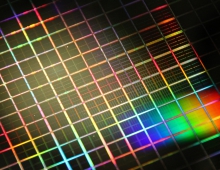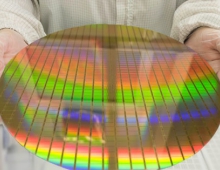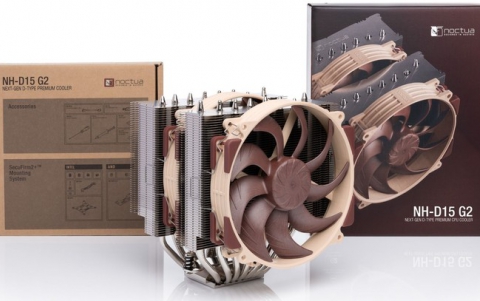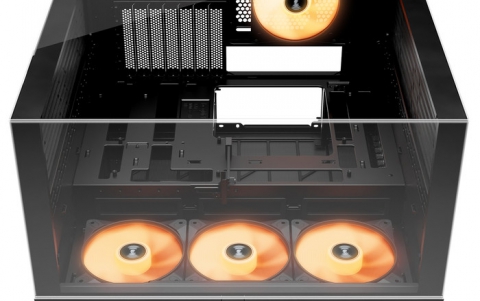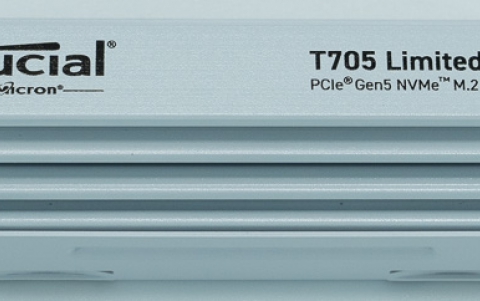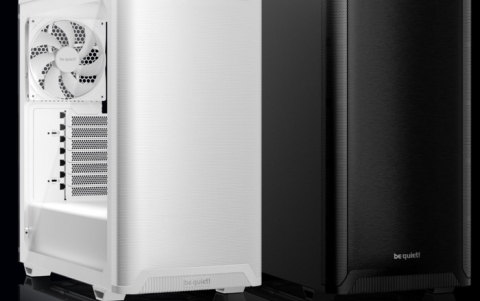
TDK Showcases STT-MRAM Prototype At Ceatec
TDK has prototyped an 8-Mbit STT (spin transfer torque)-MRAM and is showcasing it at Ceatec Japan 2014. The new memory chip technology is seen as a promising replacement for today's flash memory.
TDK is showing a prototype STT MRAM chip that is reading and writing data repeatedly alongside a NOR flash chip that is doing the same task. The
MRAM unit was reading and writing data about seven times faster than the flash memory.
The Japanese company has also on display a 200mm-diameter (8-inch) silicon wafer on which MRAM is formed.
Spin-transfer torque MRAM has the advantage of being as fast at reading and writing data as short-term storage technologies like SRAM and DRAM, but as a non-volatile type of memory it can hold on to its contents for many years like flash memory.
MRAM (magnetoresistive random access memory) technology stores data as a magnetic charge and gets its name from the spin-transfer torque effect, which harnesses the angular momentum of electrons to make magnetic field changes when writing data.
TDK said it could be 10 years until the technology is mature enough for mass production.
Arizona-based Everspin Technologies is also making MRAM. The company has
begun shipping STT-MRAM in small quantities and it can be found in products including as the cache memory inside a solid-state disk drive from Buffalo Memory.







